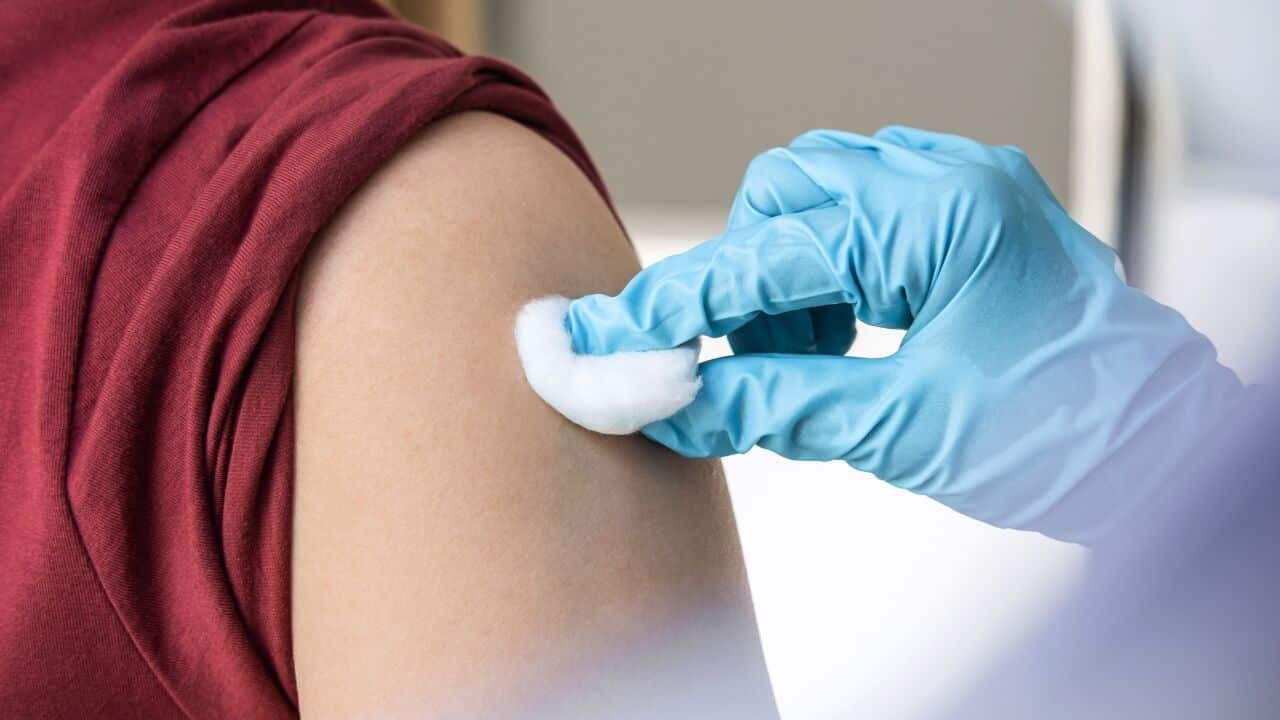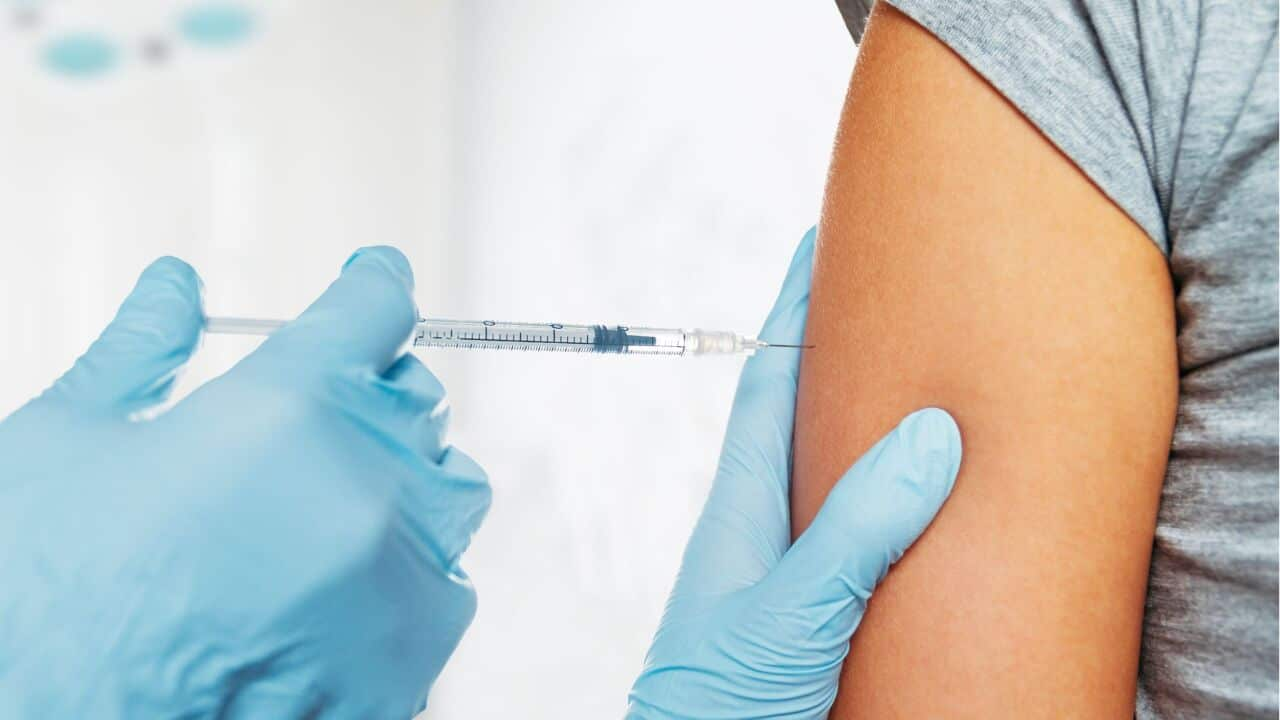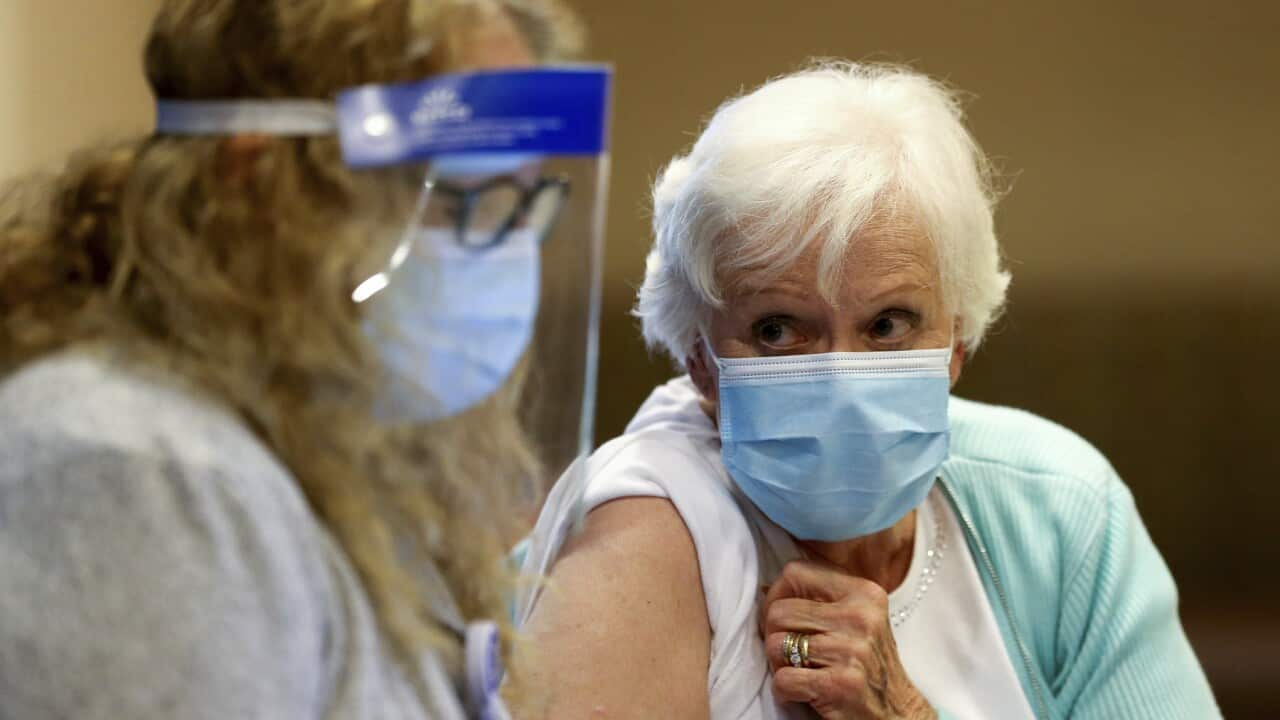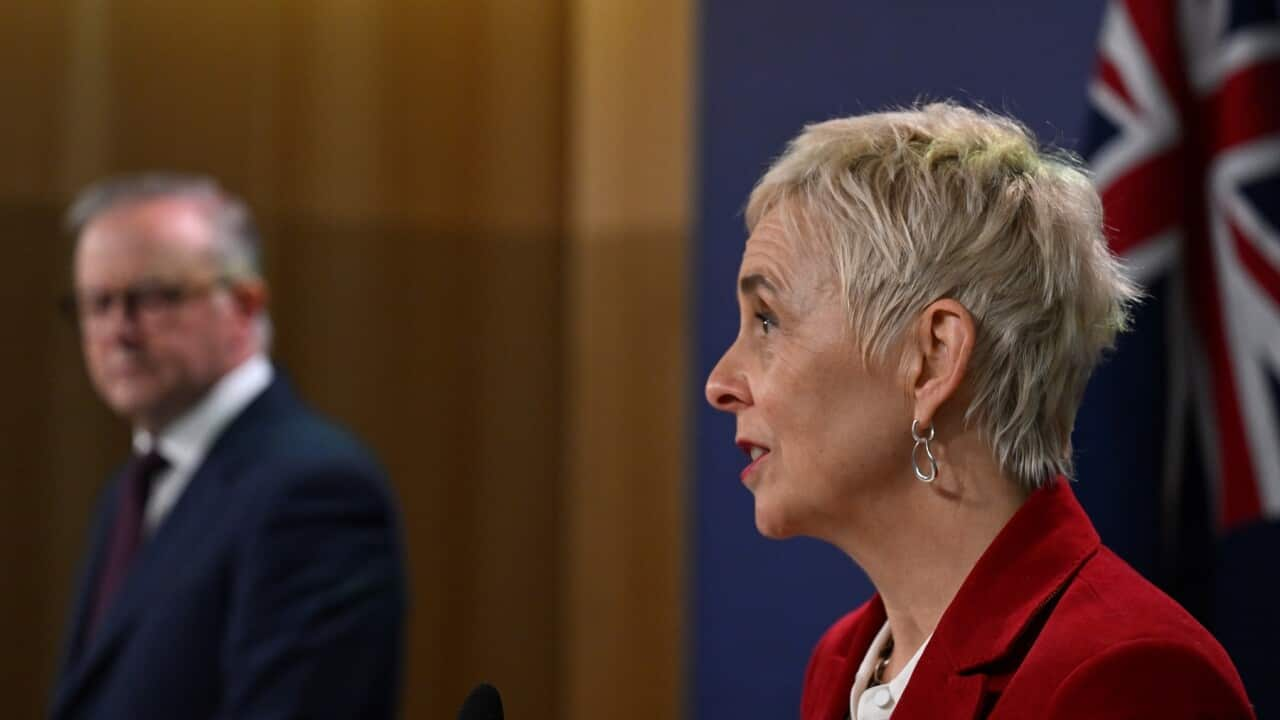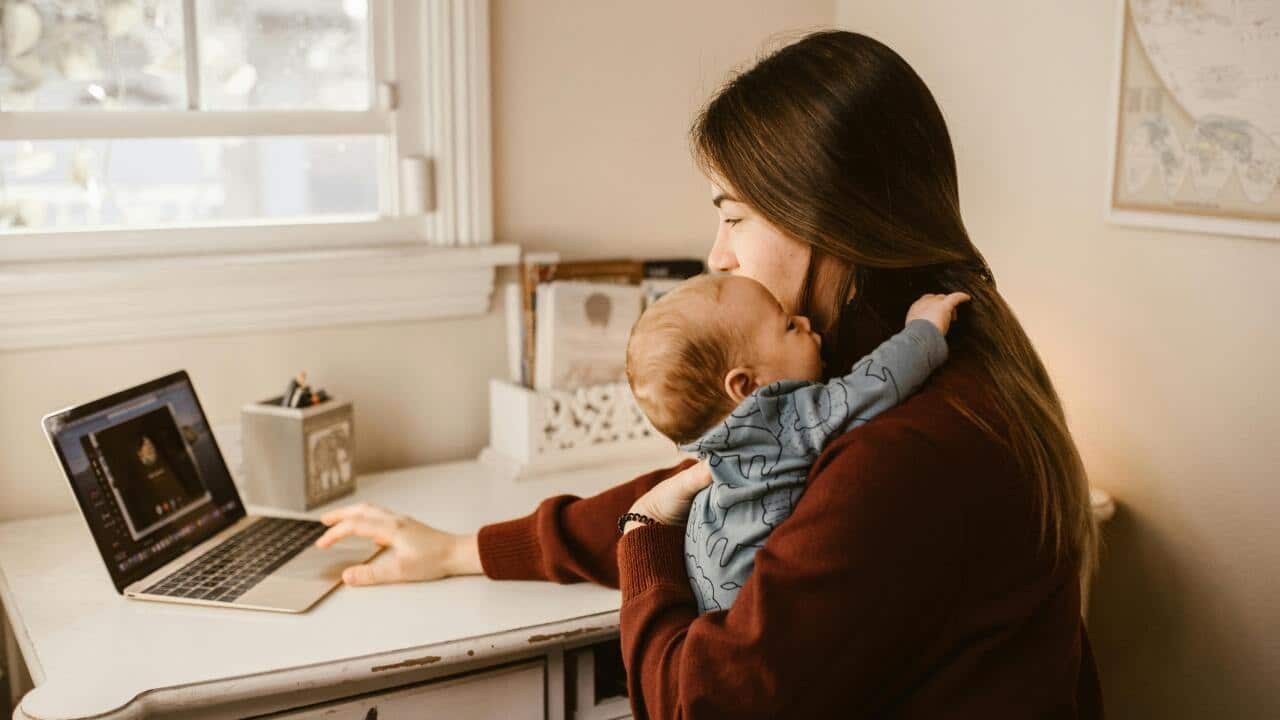COVID-19 vaccines are officially being distributed throughout Australia.
All vaccines are thoroughly tested for safety before they are approved by TGA for use in in the country.
During the first phase, vaccines are being rolled out mainly to critical and high risk quarantine and border workers, frontline health workers, and aged care, disability care workers and residents. In total this will cover about 678,000 people and will probably use around 1.4m doses of the Pfizer vaccine.
Raffy Bicos, a nurse from New South Wales, got his first shot of the vaccine on the 22nd of February.
Only a few days after receiving a notification about the vaccine rollout schedule, he's ready to roll up his sleeves.
Since everything has happened at pandemic speed, many are wondering what to expect when they get vaccinated.
Nurse Raffy shares his personal experiences on getting the vaccine.
Registration and Screening
From Sutherland hospital, he travelled to Liverpool hospital, one of the main vaccination hubs to get his vaccine.
According to the government’s vaccine rollout guide, patients will first be screened to confirm they are healthy and eligible.
"On that day, nagregister kami to be tagged as patients. Tapos tatanungin ka kung may mga allergies ka or nagkaroon ka ng reactions before."
Vaccination
Patients are given the first dose of the vaccine along with information about any potential side-effects and when they will need to return to receive the second dose.
"After the screening, mag-aantay ka lang then you will be escorted to a room kung saan ka va-vaccinan. Yung ininject samin is Pfizer vaccine, so mga 0.3mls lang yung binigay."
"Halos di ko naramdaman yung tinusok sakin. Then they will observe you for about 20-30mins and then you get discharged. That's pretty much it. Very straight forward."
You will have to be monitored for a short period of time before you leave and your details will then be entered into the Australian Immunisation Register.
Pfizer/BioNTech COVID-19 vaccination require two doses given three weeks apart.
According to Centers for Disease Control and Prevention (CDC), if something happens that prevents you from getting the second dose of either COVID-19 vaccine on time, you can still receive it up to six weeks (42 days) after the first dose.
Side Effects
Patients may experience some side-effects after getting the Pfizer vaccine like mild fever, pain or swelling where they received the needle and headache.
Serious reactions such as allergic reactions are extremely rare but it is important to always consult a medical professional for serious symptoms or emergencies.
In Raffy's case, he experienced fatigue and dizziness following his vaccination.
"In the evening, naka-feel na ako ng konting hilo and panghihina. So I had to call in sick the next day. I think it's normal with any vaccination kasi expected naman sya.All i had to do is to take ibuprofen and Panadol kasi sobrang sakit sa braso."
To relieve side effects, health professionals recommend applying a wet washcloth to the injection site, drinking plenty of fluids and wearing loose clothing.
The COVID-19 vaccine side effects symptom checker is also available in the government health website. But it is not a substitute for professional medical advice, diagnosis, or treatment.
Full Protection
It takes time for your body to build protection after any vaccination. The first vaccine dose does offer some protection against getting sick with COVID-19, but patients are not fully protected until they've had both shots.
After being fully vaccinated, health officials are still urging people to continue social distancing, washing hands and wearing face mask on crowded places.
Be informed
Hesitations on getting the vaccine is not new. However, after reading, doing research and listening to the guidance of health experts, Nurse Raffy, thought it is the right thing to do. He also hopes to encourage others and the community to follow their lead and get the jab.
"During this pandemic, isa ito sa pinaka-effective na way to prevent the disease. Like me, personally, I'm thinking kailan ulit ako makakauwi ng Pilipinas or kailan ulit ako makaka-travel overseas para makasama ang pamilya ko.
Dito sa Autralia, although mababa ang cases, importante ang vaccine para hindi natin maipasa ang virus sa vulnerable people."
ALSO READ/LISTEN TO
